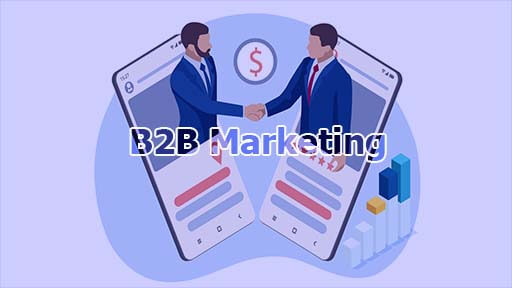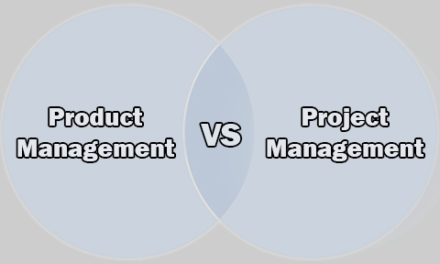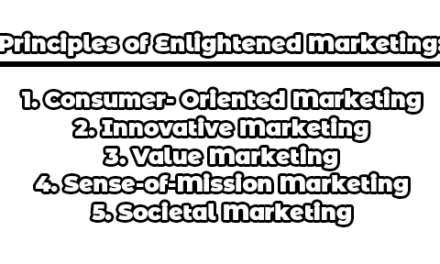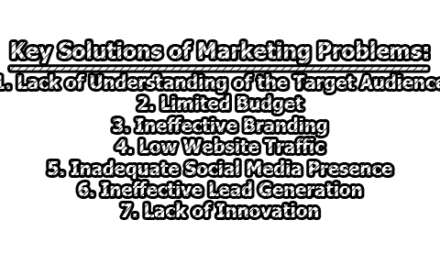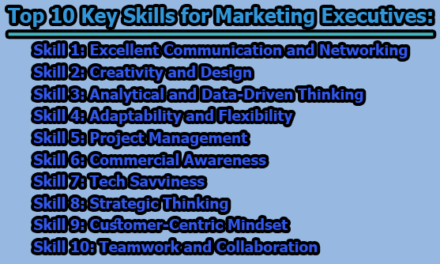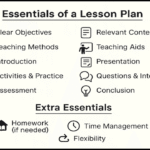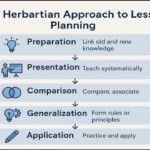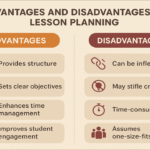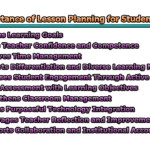B2B Marketing:
B2B marketing, or business-to-business marketing, is the process of selling goods or services from one business to another. Unlike B2C marketing, which targets consumers, B2B marketing focuses on other businesses, organizations, or institutions. In this article, we will explore the different aspects of B2B marketing and how businesses can create effective marketing strategies to reach their target customers.
Understanding B2B Marketing:
In B2B marketing, the sales process is longer and more complex than in B2C marketing. Businesses typically spend a significant amount of time and resources researching their target market, identifying their pain points, and developing products or services that address their needs. B2B marketing also involves building relationships with decision-makers within the target organization, as they are the ones who make purchasing decisions.
To be successful in B2B marketing, businesses need to have a deep understanding of their target audience. This includes understanding their demographics, psychographics, behavior, and purchasing habits. It also involves understanding their industry, market trends, and competitors. With this information, businesses can develop targeted marketing strategies that resonate with their audience and differentiate themselves from the competition.
B2B Marketing Strategies:
Some of the most effective strategies include:
- Content Marketing: Content marketing is the process of creating and sharing valuable content that is designed to attract and engage your target audience. This can include blog posts, videos, infographics, whitepapers, and more. By providing helpful and informative content, businesses can establish themselves as thought leaders in their industry and build trust with their audience.
- Social Media Marketing: Social media marketing involves using social media platforms like LinkedIn, Twitter, and Facebook to promote your brand, connect with your audience, and build relationships. Social media can be a powerful tool for B2B marketing as it allows businesses to reach decision-makers within their target organizations and engage with them in a more personal way.
- Email Marketing: Email marketing involves sending targeted emails to your audience to promote your products or services. This can include newsletters, promotional emails, and personalized emails. Email marketing can be an effective way to stay top-of-mind with your target audience and drive conversions.
- Search Engine Optimization (SEO): SEO is the process of optimizing your website and content to rank higher in search engine results pages (SERPs). By optimizing your website for relevant keywords and providing valuable content, businesses can attract more organic traffic to their website and increase their visibility online.
- Account-Based Marketing (ABM): ABM is a targeted approach to B2B marketing that involves focusing on a specific set of accounts or target organizations. By tailoring your marketing messages to the specific needs of these organizations, businesses can increase their chances of success and drive higher conversions.
Measuring B2B Marketing Success:
Measuring the success of your B2B marketing efforts is crucial to understanding what is working and what is not. Some of the most common metrics used to measure B2B marketing success include:
- Lead Generation: Lead generation is the process of attracting and converting potential customers into leads. By tracking the number of leads generated from your marketing efforts, you can understand how effective your marketing strategies are in attracting and engaging your target audience.
- Sales Revenue: Sales revenue is the total amount of revenue generated from your sales efforts. By tracking your sales revenue, you can understand how effective your marketing strategies are in driving conversions and generating revenue for your business.
- Conversion Rate: Conversion rate is the percentage of website visitors who take a desired action, such as filling out a contact form or making a purchase. By tracking your conversion rate, you can understand how effective your website and marketing strategies are in driving conversions.
- Engagement: Engagement metrics, such as social media likes, shares, comments, and website traffic, can help businesses understand how well their content is resonating with their audience and how engaged their audience is with their brand.
- Customer Retention: Customer retention measures how well a business is able to retain its existing customers. By tracking customer retention rates, businesses can understand how effective their marketing strategies are in building long-term relationships with their customers and encouraging repeat business.
Challenges of B2B Marketing:
B2B marketing comes with its own unique set of challenges. Some of the most common challenges include:
- Long Sales Cycles: B2B sales cycles can be much longer than B2C sales cycles, as there are often multiple decision-makers involved in the purchasing process. This can make it difficult for businesses to accurately measure the success of their marketing efforts and can require a significant investment of time and resources.
- Complex Products and Services: B2B products and services can be more complex than B2C products and services, which can make it more difficult to communicate the value of your offerings to your target audience. It can also make it more difficult to create effective marketing messages and content.
- Limited Budgets: B2B marketing can be expensive, and many businesses have limited budgets to work with. This can make it challenging to develop effective marketing strategies and compete with larger, more established businesses.
- Data Quality: B2B marketing relies heavily on data, and it can be challenging to ensure that the data you are using is accurate and up-to-date. This can make it more difficult to effectively target your audience and measure the success of your marketing efforts.
It is apparent that B2B marketing is a complex and challenging field, but with the right strategies and tactics, businesses can successfully reach their target audience and drive conversions. By understanding their target audience, developing targeted marketing strategies, and measuring their success, businesses can build strong relationships with their customers and grow their business over the long term.

Assistant Teacher at Zinzira Pir Mohammad Pilot School and College

